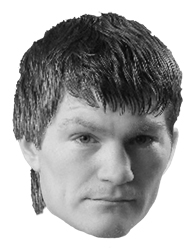

























Richard John
"Ricky" Hatton, (born October 6, 1978) is a British former professional
boxer and current boxing promoter. During his career he held the WBA
(Super), IBF, IBO and The Ring magazine light welterweight titles,
as well as the WBA welterweight title. After losing to Manny Pacquiao
in 2009, Hatton put his career on a long hiatus, with rumors of a
comeback circulating the media. On July 7, 2011, Haton announced his
retirement from the sport, but on September 14, 2012, more than three
years after his last fight, Hatton confirmed his comeback to professional
boxing. After losing to Viacheslav Senchenko in his first match back
on November 24, 2012, Hatton announced his final retirement.
Biography
Born
in Stockport, Hatton was raised on the Hattersley council estate in
Hyde, Greater Manchester and trained at the Sale West ABC (Racecourse
Estate). He was educated at Hattersley High School. His grandfather
and his father both played for Rochdale and Hatton had a trial for
the youth team. He found a local boxing club in Hyde to train at.
His entrance music is the Manchester City club song "Blue Moon", as
performed by the band "Supra." At the age of 14, Hatton was taken
by his uncles Ged and Paul to Manchester United's Old Trafford stadium
to watch the second fight between Nigel Benn and Chris Eubank. He
joined the family carpet business on leaving school, but after he
cut four of his fingers with a Stanley knife, his father made him
a salesman to prevent him from losing his fingers.
Boxing Career
Hatton
had a short amateur career, in which he won seven British titles and
represented his country at the 1996 AIBA Youth World Boxing Championships.
His elimination in the semi finals caused controversy. Four of the
five judges awarded the contest to Hatton, but under the scoring rules
Hatton was defeated as the fifth judge gave the match to Hatton's
opponent by 16 points. The judge was later found to have accepted
a bribe, and disillusioned with the amateur governing bodies, Hatton
turned professional at the age of 18.
Hatton was based at Billy
"The Preacher" Graham's gym in Moss Side, where fellow boxers included
Carl Thompson and Michael Gomez. Hatton's debut fight was on September
10, 1997, against Colin McAuley in Widnes at Kingsway Leisure Centre.
Hatton won by a TKO in the first round, while in his second fight
he boxed at Madison Square Garden in New York. Soon he was fighting
on the undercard of contests involving major British boxers, such
as the two World Boxing Organization (WBO) cruiserweight title fights
between Thompson and Chris Eubank in 1998. In 1999 the British Boxing
Writer' Club named Hatton their Young Boxer of the Year. His first
international title came in May 1999, when he defeated Dillon Carew
for the WBO inter-continental light-welterweight title.
Hatton's
next four fights after gaining the WBO inter-continental belt were
all won within four rounds. He then gained the World Boxing association
(WBA) inter-continental title following a unification bout against
Giuseppe Lauri. The following month he fought Jon Thaxton for the
British title. Despite sustaining a cut over his left eye in the first
round, Hatton continued for the full 12 rounds and won on points,
the first time in his career that he had been taken beyond six rounds.
As the cut was his fourth above the same eye, Hatton had plastic surgery
on his eyebrow that November, with a view to a world title shot in
the spring. Hatton claimed the vacant World Boxing Union (WBU) light-welterweight
title in March 2001, having sent opponent Tony Pep to the canvas three
times in the process.
Light Welterweight
Hatton vs Tszyu
On June
5, 2005, Hatton defeated The Ring & IBF Light Welterweight Champion
Kostya Tszyu, then widely regarded as one of the top pound-for-pound
boxers in the world by a technical knockout after the Australian failed
to answer the bell for the 12th round. Hatton was a heavy underdog
for this fight and the victory announced his entry to the upper echelons
of the world boxing scene. Prior to the fight, the majority of boxing
critics had given Hatton little or no chance and this victory was
regarded as one of the best victories by an English boxer in the last
20 years.

